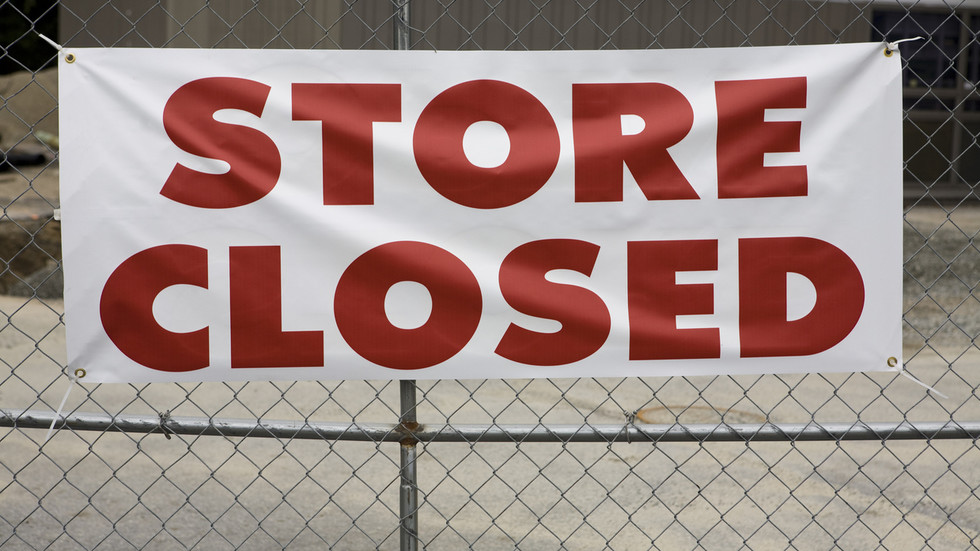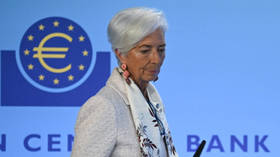
Sluggish economic growth and lack of government support have driven many companies out of business, analysts say

© Getty Images / carterdayne
The number of bankruptcy declarations in the EU reached the highest level in eight years in the second quarter of 2023, the bloc’s statistics agency Eurostat said this week.
According to the data, the number of companies going out of business between April and June surged 8.4% against the previous quarter. This marks a sixth consecutive quarterly increase, the agency said. In the reporting period, bankruptcy declarations reached their highest level since Eurostat started tracking such data in 2015.
Bankruptcy filings were on the rise in all sectors of the economy, the fresh data shows. However, the largest increases were recorded in accommodation and food services (up 23.9%), in transportation and storage (15.2%), and in education, health and social activities (10.1%).
Among the 27 member-states, the number of bankruptcy filings has risen the most in Hungary (up 40.8%), Latvia (24.8%) and Estonia (24.6%). The most substantial drop in the number of companies facing bankruptcy were registered in Cyprus (down 48.5%), Croatia (23.6%), and Denmark (15.9%).
Meanwhile, registrations of new businesses across the bloc fell 0.6% in the reporting period, the Eurostat data shows.
Experts attribute the rise in bankruptcies to the general lack of stability and slowing economic growth in the EU, which has been struggling under higher interest rates brought about by the rise in inflation. Some, however, also point to the expiration of the Covid-19 pandemic era aid packages that artificially helped to keep struggling companies afloat.

“We’re now seeing the market shakeout,” Christoph Niering, head of the Professional Association of Insolvency Administrators in Germany, told the Wall Street Journal. He explained that a lot of firms seeking government support now were already struggling before the pandemic, and their insolvency should come as no surprise as they now face increased financing and wage costs.
The same analysis was voiced by Thomas Humblot, an economist at BNP Paribas. He told the news outlet that the surge in bankruptcies is a “normalization,” noting that the lifting of pandemic-era aid for companies “is prone to contribute to the increase in the number of bankruptcies induced by a degraded economic environment.”
For more stories on economy & finance visit RT’s business section




